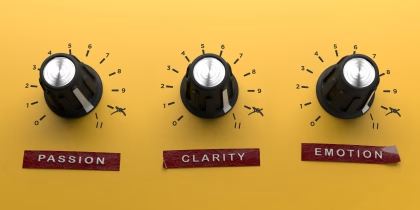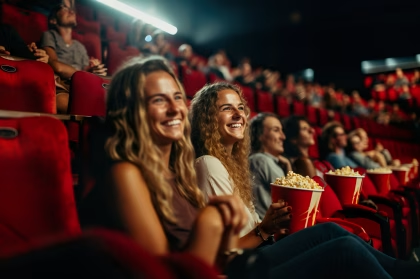Abstract: The current study aims to measure the goal orientations motivation in different scenes of a video-game. The evaluation of player experience was done with both subjective measures through questionnaire and objective measures through brain wave activity (electroencephalography – EEG). We used GameFlow questionnaire to characterize the player’s mastery goal in playing video game (Master or Performant). In terms of brain activity, we used the Frontal alpha asymmetry (FAA) to assess the player approach/withdrawal behavior within a game scene. Using game scene’s design goal (defined by OCC variables) and player personality traits (using Big Five questionnaire), the resulting machine learning model predicts players’ motivational goal orientations in order to adapt the game. In this study, we address player’s motivation in game scenes by analyzing player’s profile, his situation in scene and affective physiological data.
Keywords:
- Motivation
- Video Games
- Goal orientations
- Player Model
- EEG







